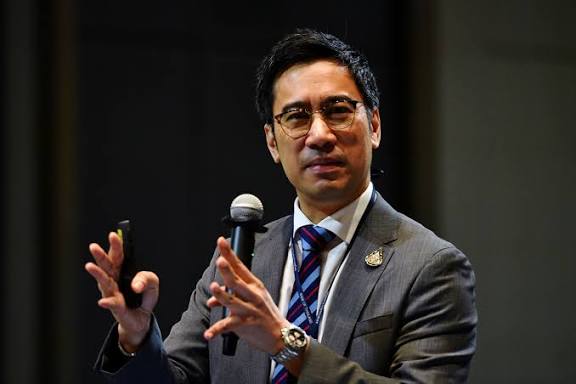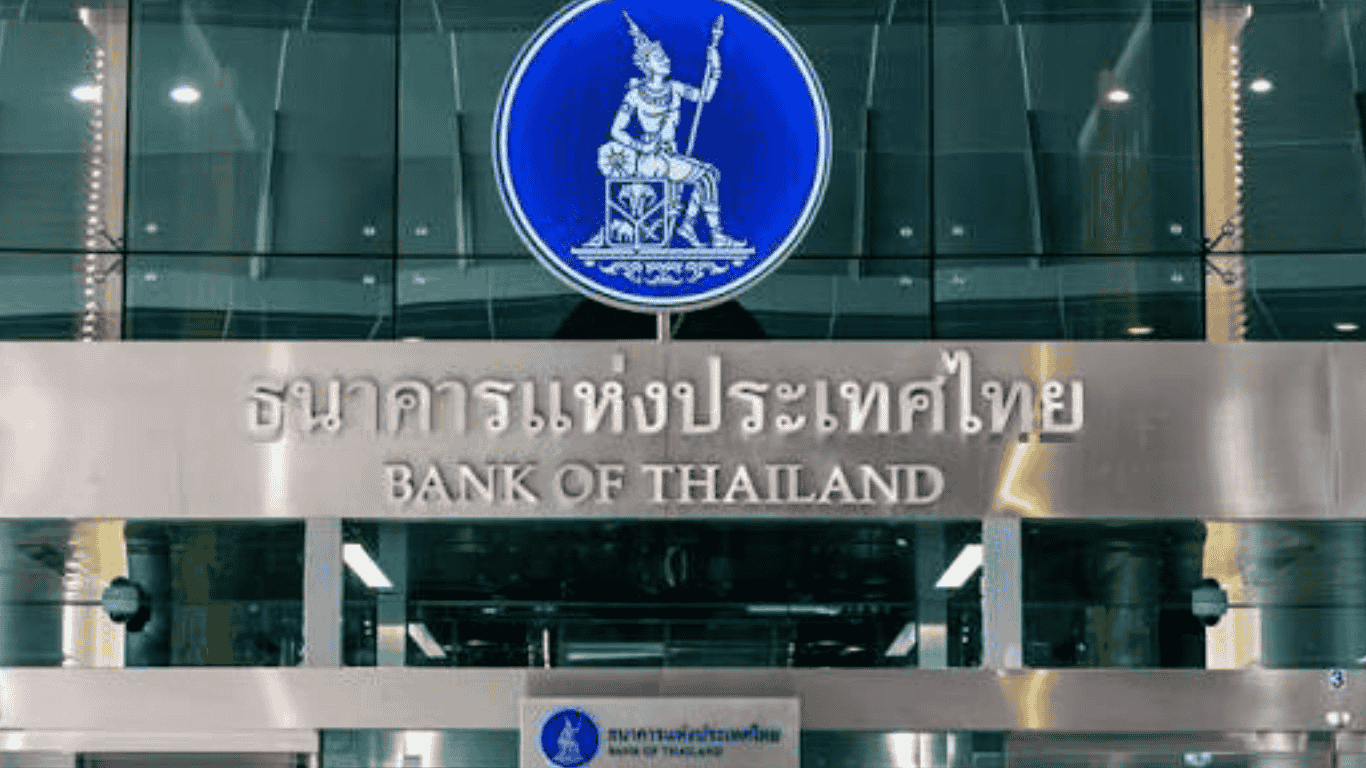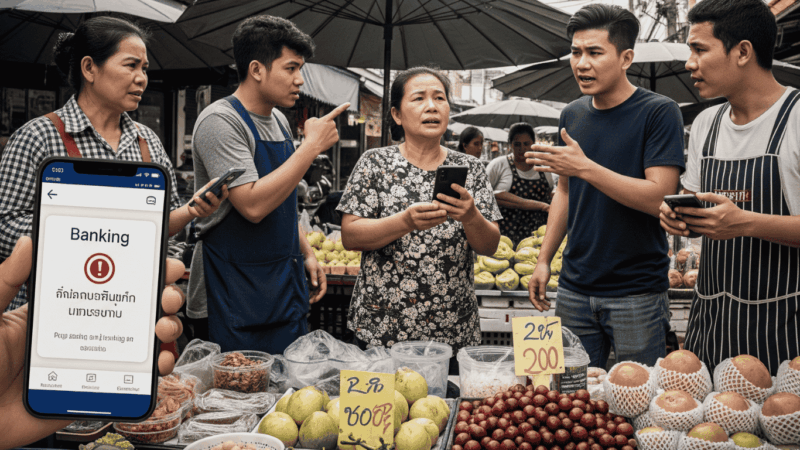Thailand has frozen over three million bank accounts as part of a sweeping crackdown on online fraud. This move, the authorities say, is necessary to combat rampant scams but has also left many innocent vendors unable to access their money, according to reports.
The Bank of Thailand, working alongside the Cyber Crime Investigation Bureau (CCIB) and the Ministry of Digital Economy and Society, announced that strict measures were needed to combat the rise of so-called “mule accounts”.
According to it, the affected accounts are used by criminals to launder stolen money, exploit people who unwittingly hand over their details or hijack dormant accounts.
Officials say scams have reached alarming levels. According to the authorities, Thai citizens have lost billions of baht in fraudulent investment schemes, phishing operations, and other online scams.
“We are facing an unprecedented wave of cybercrime that is hurting ordinary people,” said CCIB commissioner Pol Lt Gen Worawat Watnakornbancha. “This action is necessary to protect victims and prevent the financial system from being abused.”
As part of the measures, regulators imposed strict daily transfer caps across the banking system. Depending on the type of customer, accounts now face limits ranging from 50,000 to 200,000 baht a day.
The aim is to make it harder for criminals to move large sums quickly through mule networks.

But while the crackdown targets scam operations, the fallout has been swift for legitimate businesses. Small online vendors, who rely on instant payments through QR codes or e-wallets, have found their accounts frozen without notice. Some say they were caught completely off guard.
The CCIB has acknowledged that innocent users have been caught in the net. Worawat warned that scammers are now exploiting online purchases, particularly low-value transactions, as a way to disguise their money flows.
“Unfortunately, this means that legitimate vendors sometimes get flagged because the criminals are piggybacking on the same systems,” he said.
For expatriates and foreign residents, the crackdown has also created problems. Some have reported difficulties accessing their accounts due to new biometric checks and tighter verification procedures.
Officials insist that most freezes are temporary and that banks will restore access once investigations are complete. The Bank of Thailand has said commercial banks can suspend accounts for up to three days, while police have the authority to extend the freeze to seven days in cases where fraud is strongly suspected.
Bank of Thailand justifies bank account freeze as necessary
“We understand the inconvenience,” a BoT spokesperson said. “But these measures are targeted at protecting people from greater financial harm.”
Still, critics worry that the measures risk undermining confidence in Thailand’s banking system. Businesses that rely on cash flow fear reputational damage and customer loss. There are also concerns that heavy-handed restrictions may push people toward cash transactions or even unregulated alternatives like cryptocurrencies, which present their own risks.
Authorities argue that the benefits outweigh the short-term disruptions. They believe the freeze will significantly reduce losses to fraud and send a clear message to criminals that Thailand’s financial system will not be an easy target.
“If we do nothing, the damage will only grow,” said Digital Economy and Society Minister Prasert Jantararuangthong. “We must act decisively, even if it causes some temporary pain.”
The government has promised improvements to minimise collateral damage. This includes better fraud-detection technology, more precise monitoring systems, and clearer guidelines for banks on how to quickly unfreeze accounts once customers prove their innocence.


Banks have also been urged to enhance Know Your Customer (KYC) processes and ensure all customer information is up to date, which officials say will speed up investigations.
For now, those caught in the freeze are being told to contact their banks directly and provide identification and transaction records to prove their legitimacy. The CCIB has advised vendors to be cautious when accepting payments from unknown sources, warning that “scammers may deliberately target ordinary businesses to mask their activities.”
Thailand’s sweeping crackdown underscores the delicate balance regulators face. On one hand, online fraud has become a national crisis, draining billions from households and eroding trust in digital commerce. On the other hand, overzealous enforcement risks punishing the very citizens and businesses the measures are meant to protect.
“The goal is not to inconvenience the public,” said Worawat. “The goal is to protect them. But with the complexity of these crimes, mistakes will happen. What we must do is correct them quickly.”
As investigations continue, the coming weeks will show whether Thailand can refine its approach, stopping criminals while ensuring that honest citizens can keep their businesses and daily lives running.
For vendors left waiting, the hope is that “temporary” really does mean temporary.








